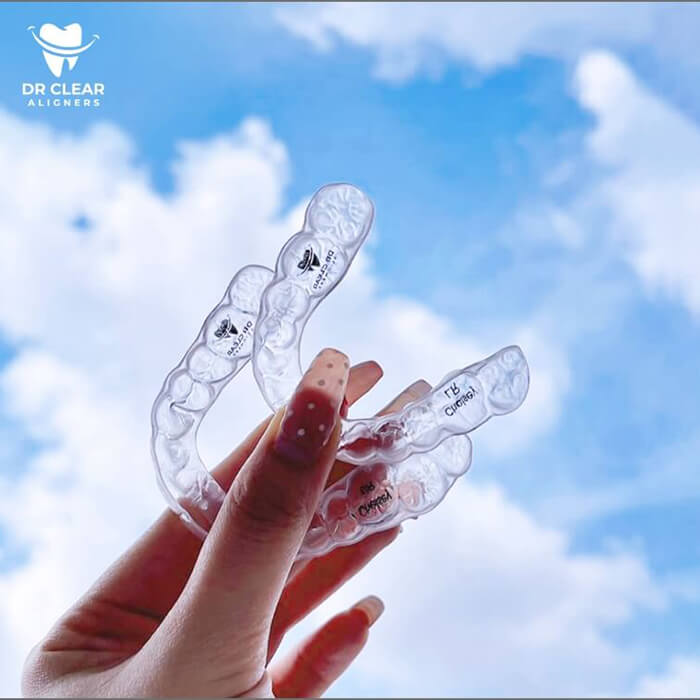Medical Certified and Approved




Good Smile Creates Happiness
About Dr Clear Aligners
Our experienced dental team brings orthodontics and dental treatments closer to the community, helping you and your families maintain healthy teeth and beautiful smiles.


About Invisible Braces
Teeth-straightening should be a hassle-free experience where everyone can achieve their ideal smile conveniently at affordable prices.


3 EASY STEPS
Discover Your
Beautiful New Smile

Step 1:
Free Online Smile Assessment
Start your smile transformation with a comprehensive online smile assessment. We will analyze your smile to determine if you're a suitable candidate for clear aligner treatment.

Step 2:
3D Intraoral Scan at Clinic
We'll schedule a 3D Intraoral Scan for you at our dental clinic. Within approximately 3 weeks, you'll receive a detailed, customized digital treatment plan, outlining the step-by-step transformation of your smile, treatment duration,
and required procedures.
(An X-Ray may be needed, depending on your individual condition)

Step 3:
Embrace Your New Smile
We will notify you when your clear aligner kit is ready for collection, typically within 4 weeks. Our orthodontist will monitor your progress through our mobile app. Begin your journey towards a brighter life with your new smile.
Real People. Real Reviews
Smile the way you want !

Get Straight Teeth For Only SGD1,950
Life can be better with a good smile. We offer professional orthodontic treatments to straighten and perfect your teeth.




.jpg)
.jpg)
.jpg)
.jpg)
.jpg)
.jpg)
.jpg)
.jpg)
.jpg)
.jpg)
.jpg)
.jpg)
.jpg)
.jpg)
.jpg)
.jpg)
.jpg)


















